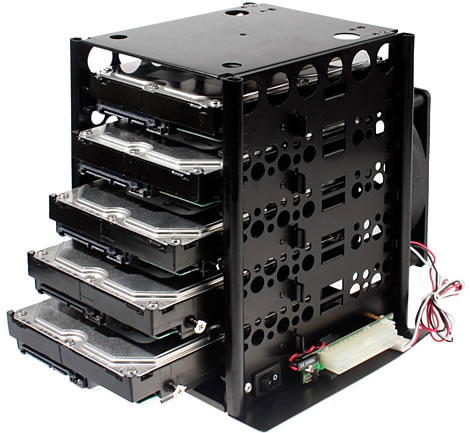The use of GPS satellite navigation systems has revolutionised automotive travel in the few years that it has been an option for drivers. It used to be the case that if you were driving anywhere that happened to be a long distance away, and you were a poor map reader, then you would have a very difficult time getting to your destination unless it was extremely well signposted. With the GPS system now being freely available to motorists, such problems are a thing of the past for anyone who has a sat nav system installed in their car. So how did this some to pass?
Well, the GPS – short for Global Positioning System – was developed as recently as the Eighties as a military application by the United States Department of Defence. Back in the early Eighties it was used chiefly as a way of detecting hostile aircraft, but as time has gone on and clever people realised a worthwhile civilian application for the system, it has become a major part of road travel for an increasing number of motorists.

The GPS itself is a system consisting of at 31 orbiting satellites, from which the system on your car dashboard is able to capture signals. As long as your own GPS device can take the data from three satellites, it can pinpoint your position anywhere on the planet.
So far, so simple. Most of us know, at any given time, whereabouts we are just by looking out of the window, but the clever bit in a GPS navigation system is how it allows you not only to know where you are, but also where you are going, or to be more specific, how you are to get wherever you want to go as quickly and as efficiently as possible. This requires not just the information from the satellites, but also a lot of data stored within the GPS receiver.
By constantly beaming back signals, your GPS receiver is able to collate data telling you how fast you are going on average, how far you are from your destination and how long it will take you to get there going at your current average speed. Some of the cleverer, more recent models will give data on such matters as how much petrol it will take you to get somewhere, and what distance you will be able to cover with the fuel currently in your tank.
In conclusion, GPS technology provide more enjoyful travelling to its user as it has a lot of features that support information about user vehicle statistic or even the spatial statistic between user and destination.
Sphere: Related Content































